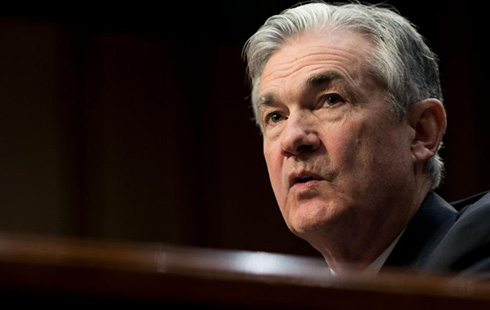EU and US set for free trade negotiations
EU negotiators are scheduled to meet their US counterparts next week in Washington to broadly compare notes on free trade negotiations, while the European Parliament has pledged to conduct an "in-depth inquiry" into the US surveillance programs including the alleged bugging of EU premises.
Amid mounting anger, the Parliament's Civil Liberties Committee said it will present the inquiry's findings by the end of this year after it passed a resolution on Thursday. The Parliament's president and political group leaders formally confirmed the launch of the inquiry.
"We will be sending 15 negotiation groups to Washington to broadly discuss with our American colleagues the content of the TTIP (Transatlantic Trade and Investment Partnership)," said a source close to the negotiations, adding that each group focuses on a specific sector, such as automobiles, medicine and public procurement.
Reuters reported the negotiations will take place alongside EU anger over claims by former US spy agency contractor Edward Snowden, who leaked details of surveillance activities by Washington. He is currently in limbo in a transit area of Moscow's airport as the US pressures Moscow to expel him.
Saying the trade and investment talks next week will not go to "negotiation text" but focus on preliminary work, the source revealed that another two rounds of negotiations are scheduled within the year.
The Brussels source didn't comment on questions of whether extra security efforts will be in place when the negotiation teams are in Washington next week.
Brussels negotiators are prepared to work together with Washington to include financial services in the TTIP framework to further strengthen their joint leadership in the global financial system.
"We need deeper cooperation between regulators and supervisors across the world and especially between the largest financial centers," said Nadia Calvino, deputy director-general of Internal Market and Services of the European Commission at a seminar on EU-US financial regulation held in Brussels on Wednesday.
Brussels officials didn't explain how deeper financial cooperation between Washington and Brussels, which usually blames the US for poor banking and financing supervision and the ongoing financial crisis, will improve the evolving global multilateral financial system.
Neither did they say how a closer EU-US financial relationship will affect the role of the G20.
During the plenary session of the European Parliament late on Wednesday, parliament members urged the US to come clean over allegations it has been spying on the EU and its people. However, they disagreed on whether the revelations should affect negotiations for a transatlantic free trade agreement.
Some members stressed the need for facts before judging and said surveillance was necessary to safeguard people's security, but there is also an urgent need to beef up EU data protection rules.
Hans-Peter Martin, a non-attached member from Austria, said, "The USA, regrettably, is a world policeman and has become a worldwide spy. Even friends are seen as targets."
Manfred Weber, a German member of the European Parliament, said what the US had done was "unacceptable". "You don't spy on friends, and you don't spy en masse on the citizens of friendly states," Weber said.





























